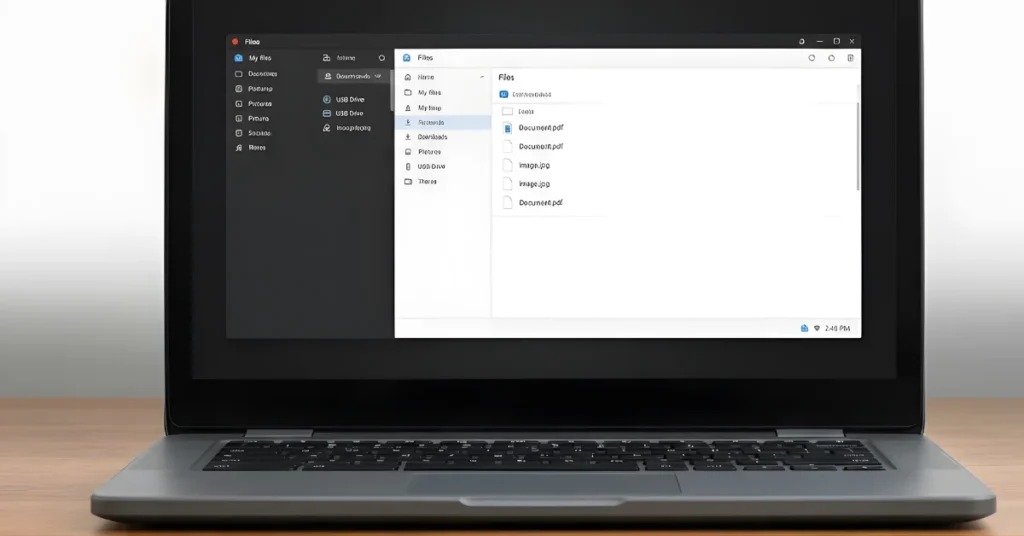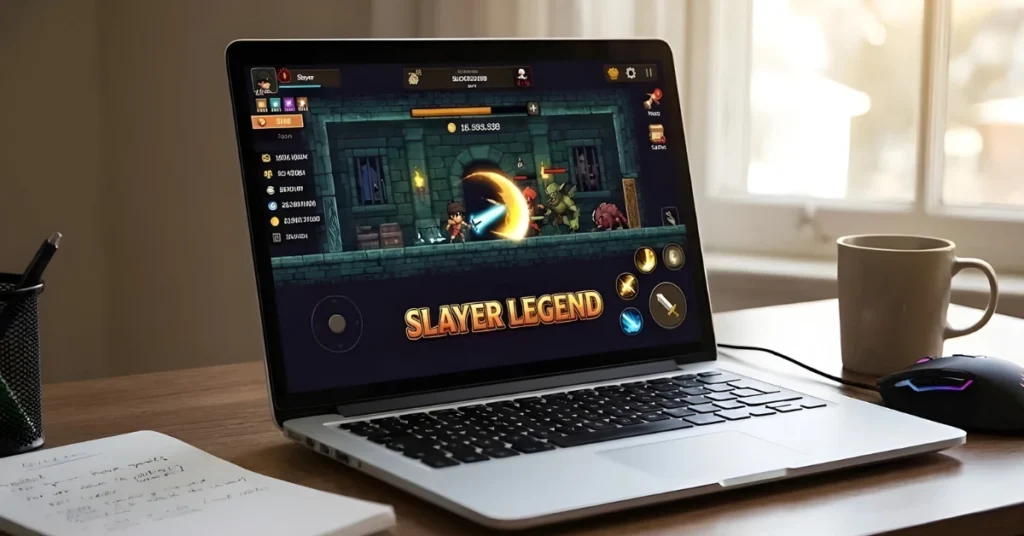Have you ever thought about what it takes to become a cardiologist—the doctor who specializes in understanding, diagnosing, and treating heart problems? If you’ve found yourself Googling things like “how many years does it take to become a cardiologist” or “how to become a cardiologist after 12th,” you’re already on the right path. In this detailed and easy-to-follow guide, I’ll share exactly what it takes to build this incredibly rewarding career, whether you’re a teena ger just finishing your 12th grade, a working professional looking for a career change, or someone who’s always dreamed of wearing that white coat.
The Role of a Cardiologist: What Do They Really Do?
Let’s kick things off by shedding some light on what the daily life of a cardiologist looks like. Cardiologists don’t just read ECGs all day—they are the go-to experts for anything heart-related, including diagnosing heart diseases, managing ongoing heart conditions, performing minimally invasive procedures, and sometimes even taking on the role of a heart surgeon.
It’s a demanding job, but also one of the most respected and satisfying. You’re literally changing lives and, often, saving them. People who choose this path tend to love science, enjoy challenges, and genuinely want to help others.
The Journey Starts Early: How to Become a Cardiologist After 12th
Dreaming of becoming a cardiologist as soon as you finish your 12th? You’re not alone! For most students in India, the journey starts with a clear focus right after high school. Here’s what you need to know:
Right after your 12th grade (with Physics, Chemistry, and Biology as core subjects), you’ll need to clear the NEET-UG exam to get admission into an MBBS program. This is a highly competitive entrance exam, so early and disciplined preparation is the key. During your MBBS, you’ll study the basics of medicine, including how different body systems work—and of course, you’ll get a solid introduction to how the heart operates.
How Many Years Does It Take to Become a Cardiologist?
A question that pops up a lot is: how long does it take to become a cardiologist? Here’s the breakdown:
- MBBS (Bachelor of Medicine, Bachelor of Surgery): 5.5 years (including 1-year internship)
- Postgraduate (MD in General Medicine): 3 years
- Super-specialization (DM in Cardiology): 3 years
So, if you’re starting your journey after 12th grade, you’re looking at roughly 11-12 years of study and training. That’s a long road, but remember: you’ll be learning, experiencing real medicine, and gaining essential hands-on skills all along the way. If you’re curious to know about other professional journeys, you can also check out how to become a pilot in India—a role that requires similar dedication and focus.
MBBS to MD: Climbing the Medical Ladder
After completing your MBBS, the next step is to pursue a Doctor of Medicine (MD) in General Medicine. Think of this as building a strong foundation in internal medicine—you’ll learn to diagnose and manage a range of illnesses, including those affecting the heart.
Getting into an MD program in India requires clearing the NEET-PG exam. During these three years, you’ll spend time in wards, clinics, and get firsthand experience treating real patients. This is the stage where you start envisioning the transition to super-specialization.
And if you ever find yourself in doubt or are looking for resources to help you through this step, platforms like NutBolt India are a goldmine—they effectively answer the What, Why, Who, When, Where, and How of so many professional journeys!
Specializing Further: DM in Cardiology
Once you’ve completed your MD, it’s time to apply for a DM (Doctorate of Medicine) in Cardiology. This is a super-specialty program, lasting another three years, where everything revolves around the heart.
You’ll not only study complex heart conditions but also learn about the most advanced technologies and procedures, sometimes assisting or observing surgeries. Wondering how to become a cardiologist surgeon? This is the phase where your training and exposure to the surgical side of cardiology get real. Interventional cardiology and cardiothoracic surgery are special focus areas—each requiring a blend of skill, patience, and compassion.
If the world of law interests you too, you may want to explore how to become a judge in India—another prestigious career that requires dedication and higher level studies.
How to Become a Cardiologist in India: Step-by-Step Roadmap
Let’s put it all together so you have a map to follow:
- Finish 12th Grade (Science stream: Physics, Chemistry, Biology)
- Crack NEET-UG and secure admission to an MBBS program
- Complete MBBS (5.5 years)
- Crack NEET-PG and enroll in MD (General Medicine) program (3 years)
- Clear Super-specialty Entrance Exam and pursue DM (Cardiology) (3 years)
- Obtain Registration and Licensing from the Medical Council of India or relevant body
If at any point you wonder about other enriching experiences, like leadership or service, you might also consider paths such as joining the National Cadet Corps (NCC). Take a look at how to join NCC to build discipline and make your journey even more remarkable.
Skills Every Cardiologist Needs
Before you set your heart on this path, ask yourself—do you have the qualities that make a great cardiologist? Aside from strong academic abilities, the ideal cardiologist is:
- Compassionate and empathetic
- Excellent at communication
- Passionate about continuous learning
- Skilled at problem-solving
- Comfortable with long and sometimes unpredictable work hours
Building these skills starts early. Participating in extracurriculars, volunteering, or even taking leadership roles helps develop a well-rounded personality.
How to Become a Cardiologist Doctor: Real-World Exposure Matters
No amount of book knowledge alone is enough. Internships, clinical postings, and attending cardiology camps in your city all offer hands-on exposure that’s priceless. If you want to truly learn how to become a cardiologist doctor, throw yourself into every opportunity to watch, assist, and learn from experienced cardiologists.
And remember, a teaching mindset helps too. If you find yourself explaining concepts to your friends or juniors, you’re already halfway there! Interested in more impactful careers? You might like to read about how to become a teacher—a role that shapes lives in its own unique way.
Conclusion
Embarking on the journey to become a cardiologist is ambitious, but it’s also full of discovery and deeply meaningful service. Whether you start dreaming right after 12th, after MBBS, or even later in life, the path is clear—the key is preparation, dedication, and never losing sight of your “why.”
The road to becoming a cardiologist is long, challenging, and absolutely worth it. Stay curious, stay dedicated, and the world of heart health will open up for you.
Frequently Asked Questions
How long will it take to become a cardiologist if I start after MBBS?
After MBBS, you’ll still need about 6 more years: 3 years for MD and another 3 for DM. This is true in most medical colleges in India.
Are there different types of cardiologists?
Absolutely! There are non-invasive cardiologists, interventional cardiologists, and even pediatric cardiology specialists who focus on children. If your curiosity is endless, you’ll never run out of things to learn in this field.
How competitive is it to become a cardiologist in India?
It’s extremely competitive, not only in terms of exams but also in clinical practice. However, with discipline, drive, and the right mentorship, nothing is impossible.













